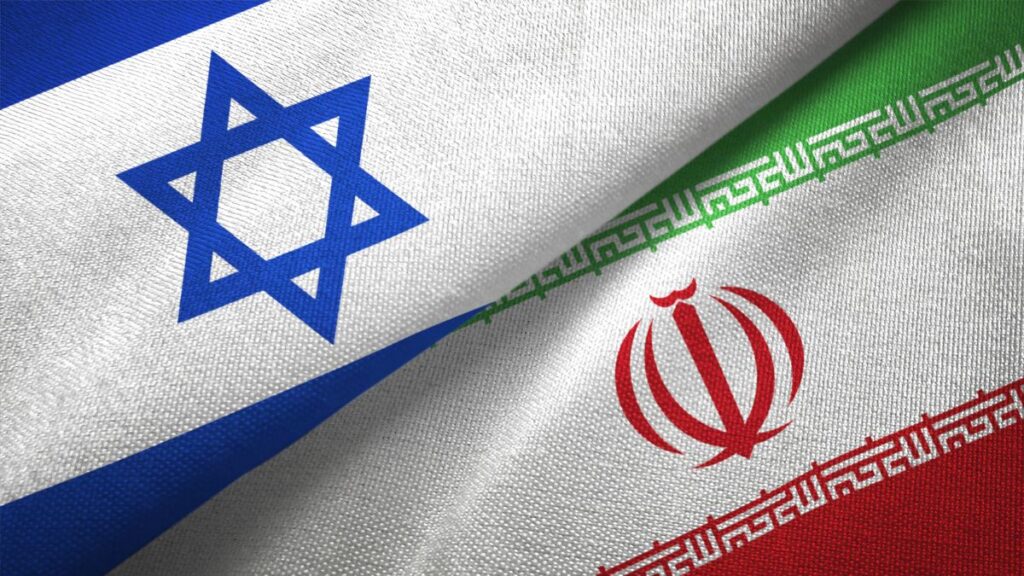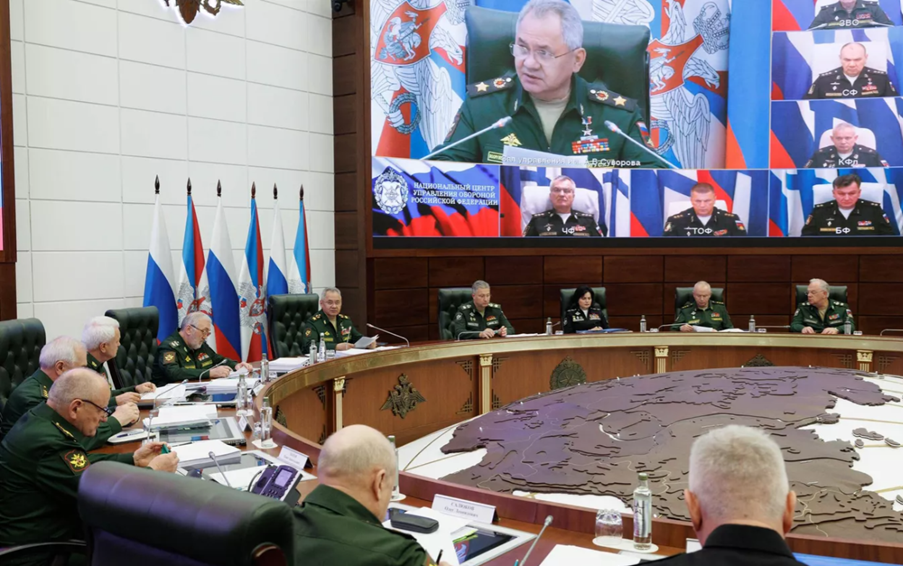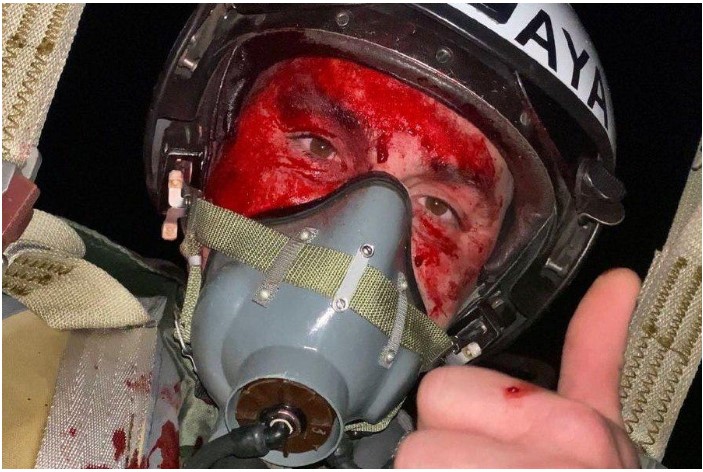World leaders call for restraint after Iranian missile strike.

World leaders have called for “absolute restraint” after Israel escalated its conflict with Iran by launching strikes near a military base.
Ursula von der Leyen, the chief of the European commission, said it is “absolutely necessary” that “all sides refrain from further action” after explosions were reported early this morning near Iran’s Isfahan air base, which sits close to a major nuclear facility.
Antonio Tajani, the Italian foreign minister, called for “absolute de-escalation”, following Iranian reports it had shot down three drones in the area, while prime minister Rishi Sunak said he wants to see “calm heads prevail across the region”.
The calls came after US officials confirmed that Israel has carried out airstrikes against Iran, as explosions were reported in the sky over the cities of Isfahan and Tabriz, while the Iranian government sought to play down the scale of the attack.
As an Iranian official indicated that it had no “immediate” plan for retaliation, calls mounted internationally – including from the European Commission president, Ursula von der Leyen – for Israel and Iran to de-escalate their confrontation.
Initial reports suggested that at least three explosions occurred in the air above the central Iranian city of Isfahan, which holds facilities for the country’s nuclear programme, weapons factories and a major airbase.
Isfahan houses both a military air base and an important site in Iran’s nuclear programme, which Tehran insists is purely peaceful but which the west fears could put the Islamic republic on the threshold of weapons capacity.
The Tasnim news agency, which is close to the Revolutionary Guards, reported that the air base and nuclear facility near the city were safe and dismissed reports of any attack from outside the country.
Abdolrahim Mousavi, Iran’s top army commander, was quoted by state media as saying that air defence batteries in Isfahan had shot at a few airborne objects, leaving no damage.
He said experts were conducting further investigations and their findings would be announced in due course. The International Atomic Energy Agency, the UN’s nuclear watchdog, said it could “confirm that there is no damage to Iran’s nuclear sites” but called for “extreme restraint”.
Oil prices jumped in the immediate aftermath of the strikes before giving up their gains as traders bet against further escalation. Brent crude was down 0.6 per cent on the day at $86.57 a barrel, having earlier climbed above $90.
Stock markets fell, with the Stoxx Europe 600 index down 0.4 per cent.
At a press conference, UK Prime Minister Rishi Sunak said that “Israel absolutely has the right to self defence”. But he added: “Significant escalation is not in anyone’s interest. What we want to see is calm heads prevail across the region.”
Tally Gotliv, an Israeli lawmaker from the ruling Likud party, wrote on X that Israelis should have their “head . . . held high with pride” over its strength, adding: “May we regain our power of deterrence.”
But Itamar Ben-Gvir, Israel’s far-right minister for national security, who had called for a “crushing attack” against Iran, wrote on X: “Weak!” Iran’s President Ebrahim Raisi made no mention of the Israeli attack in a nationwide televised speech on Friday, but hailed last week’s strike on Israel as an indication of his own country’s military prowess.


































































































































































































































































































